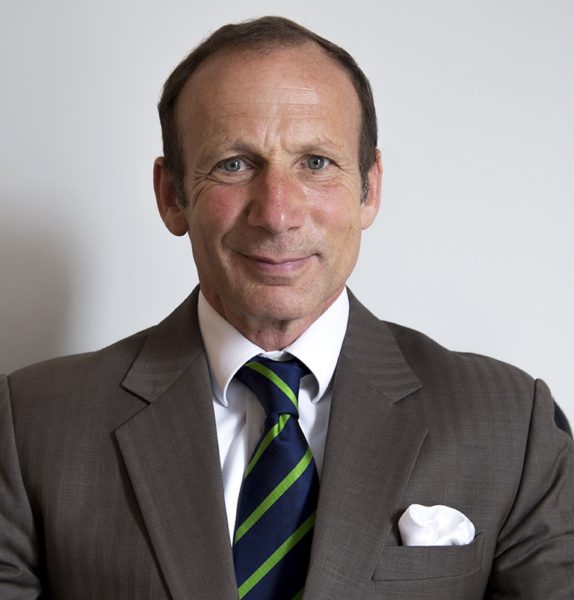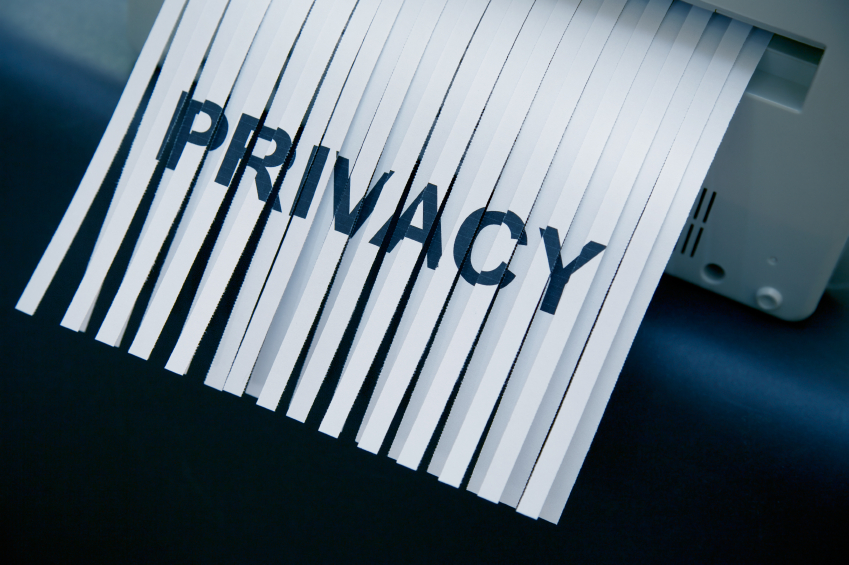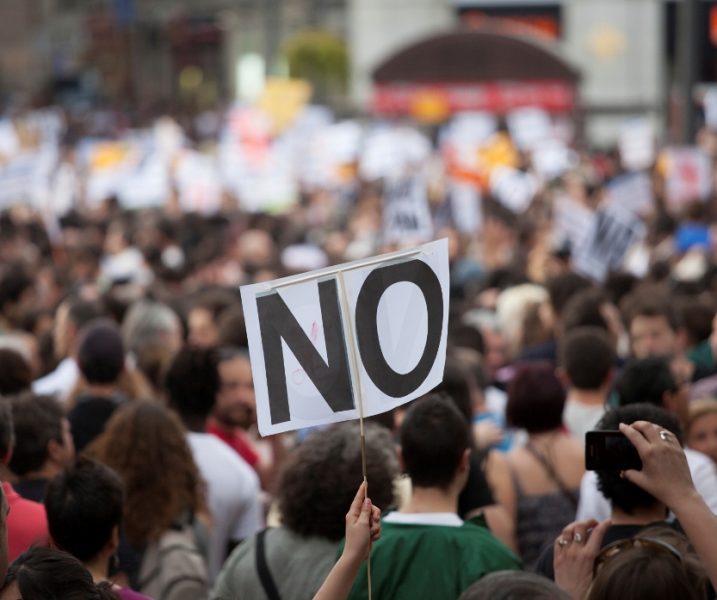
Dan Shefet is a Paris-based attorney whose firm, Cabinet Shefet, specializes in internet, intellectual and competition law. When he forced Google to remove links to defamatory information about him in 2014, the case made worldwide headlines. He has since established the Association for Accountability and Internet Democracy (AAID). AAID is lobbying the European Commission to introduce rules to make it easier for others to remove harmful information online. Its board of directors includes experts and former government representatives in Denmark, Germany and many other countries.
At a recent Council of Europe’s Parliamentary Assembly Session in Strasbourg, AAID’s Motion for Recommendation for the creation of an Internet Ombudsman was supported by 26 parliamentarians and 12 countries. That proposed Ombudsman will qualify content on the Internet as lawful or unlawful by means of a content review procedure. What are your next steps to push this initiative further?
We are very pleased that the values of a fairer and more humane internet reflected in AAID’s Charter is getting increasing support from policy makers and international organisations around the world. We have just welcomed to our Board Bruno Lanvin and Sam Pitroda and are excited to take the next steps to further our values. Our analysis of both the net’s potential and actual harm to individuals, society (fake news, for instance) and world stability is winning increasing acceptance. Our proposals address a real and growing concern. We are emboldened by the support we have already secured from major international organizations. Our next steps will be to structure these contacts into partnerships that allow us to promote an “Internet of Values”. We plan to appoint local chapters of AAID, organize conferences, nominate Good Will Ambassadors and roll out a global media strategy. Also, we intend to publish a World Wide index on how well other country’s oversight of the internet protects human rights and promotes recognition of rights available to internet users beyond freedom of speech (or rather freedom to speak). Such an index will provide a deeper and truer picture of the protection of rights on the Net.
With AAID, your goal is to make search engines legally responsible for the information they publish. You have gained tremendous support from European policy makers. Now, you are bringing the debate to America. How can the “Right to be Forgotten” initiative and your larger goals succeed in this land of freedom of speech?
We are staunch supporters of free speech. In our opinion the true meaning of freedom of speech is freedom to speak. Freedom to speak allows one to express their thoughts without muting or harming the ability of another to speak. We believe that this analysis is what the First Amendment essentially protects. It also reflects the common concern our American friends share about the internet becoming a weapon of hatred, incitement, defamation and intolerance. The freedom that is protected by the strong American tradition of free speech is exposed to increased corruption and dilution on the Internet due to the First Amendment’s exclusive and dominant protection. It is also enabled by the Communications Decency Act, Section 230, which governs Internet content in the U.S. and frees website owners from liability for what is posted on their sites. There is no cultural justification for human suffering. On more than one occasion have we seen the moral strength of the American people to do the right thing. We have no doubt that a balanced approach to the protection of human integrity, democracy and stability on the Internet can also be achieved in the US.
You have expressed concern over the lack of knowledge in the U.S. about the legal theory and philosophy behind the “Right to be Forgotten” and the European approach to Internet regulation. Please explain why and what you would like Americans to know or consider.
The “Right to be Forgotten” is a misnomer. It refers to the right to have your name dereferenced under certain specific conditions. The judgment of the European Court of Justice of 13th May 2014 was — from a technical point view — an answer to a prejudicial question posed by the Court and Data Protection Agency in Madrid relative to the interpretation of the EU Directive 1995/46 (which has since been replaced by a Regulation on Data Privacy). In other words, the judgement reflects a pure legal analysis. However, this judgement has been misconstrued as conferring a right to anyone to have information about him/her deleted on an almost arbitrary basis thus infringing the right of the public to access information and thereby imposing a restriction on freedom of speech. The truth of the matter is that the right to be forgotten is a right to preserve personal integrity in a world where your very existence is a function of what the net says about you. It is the first effective legal protection of the individual against mob innuendo, rumor, and falsehoods. It is the only defense provided against invisible and hitherto invincible forces when your life has turned into despair and daily suffering. It is not a right to have well-founded criticism about you deleted or suppressed.
You have spoken extensively about how the lawlessness, persecution of individuals and lack of accountability on the internet leads to human suffering. What is your advice to anyone facing such a situation? Are there any preventive steps you recommend?
I call upon victims of cyber persecution to write us at AAID. The only way to deal effectively with the problem is by putting pressure on policymakers and secure public support. Remember that the might of the internet Titans is built on clicks. If public opinion no longer supports their failure to recognize the value of us all as human beings (and not just big data statistics), those clicks may just go in another direction.
**
A French lawyer born in Denmark, Dan Shefet holds a Philosophy Degree and a Law Degree from the University of Copenhagen. Specializing in European Law, Competition Law as well as Human Rights in general and in the IT environment in particular, he participates in conferences in academic venues on IT Law, Data Privacy and Human Rights on the internet. In 2014 he founded the Association for Accountability and Internet Democracy (AAID) the main objective of which is to introduce a general principle of accountability on the internet in order to secure the protection of human integrity. He serves as an Individual Specialist to UNESCO.
This is the fourteenth in a series of interviews with experts whose work relates to online reputation management.
Related topics:
Critics Claim Communications Decency Act Enables Human Trafficking
Removing Content from Google in the U.S.
Online Reputations Hampered by Outdated Law




